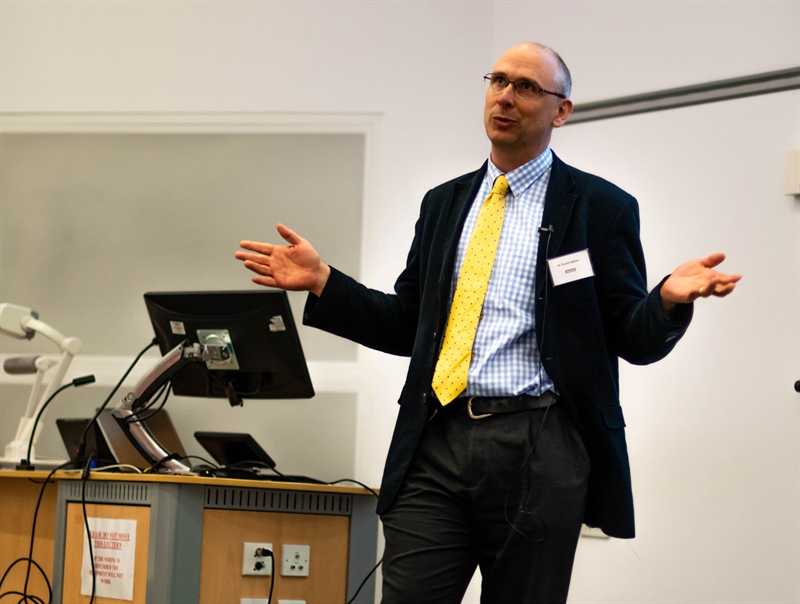The SCAD research in Leicester and across the world is moving forward on various fronts, so Beat SCAD caught up with Dr David Adlam and Dr Alice Wood to get an update.
“There is lots going on, with some areas gradually coming to fruition,” says Dr David Adlam, who is leading the SCAD research at the NIHR Biomedical Research Centre, Glenfield Hospital in Leicester.
Dr Adlam continues: “The first genetics paper is published, and we are continuing to work with our collaborators in the Mayo Clinic and France with a view to hopefully publishing further findings later this year.”
The genetics study, ‘Association of the PHACTR1/EDN1 genetic locus with spontaneous coronary artery dissection’, is quite technical, so to help understand it, click here to watch this video where Dr Adlam explains the findings.
Further news on Leicester research activities includes:
- Findings from the Optical Coherence Tomography (OCT) study, which relates to the mechanism of SCAD, are expected to be published in March.
- Dr Adlam and Prof Alexandre Persu (Cardiology Department, Cliniques Universitaires Saint-Luc, Brussels and Lead for the European FMD Registry) are collaborating on a paper regarding coronary tortuosity.
- A manuscript from the pathology study is being written and will be focused on informing pathologists of SCAD and how to make an accurate diagnosis.
- Analysis of imaging data is ongoing, working towards publication.
- The research team will be contacting some SCAD patients for an update on their condition. This will take the form of a brief email, phone call or request to complete a short online follow-up survey. Data collected from this follow-up is essential for understanding patient outcomes.
Dr Adlam added: “There are lots of things in various stages, but I think it will be an exciting year as we publish data from the first phase of the SCAD research.”
Dr Alice Wood’s sub-study
Dr Alice Wood, Clinical Research Fellow (part funded by Beat SCAD donations), introduced us to the importance of studying sub-groups, including male survivors and those who have had recurrence, at the Beat SCAD Conference in June 2018. Click here to watch the video.
Dr Wood is making great progress and is 30% through studying the male SCAD sub-group and has recently started studying recurrent SCAD cases.

